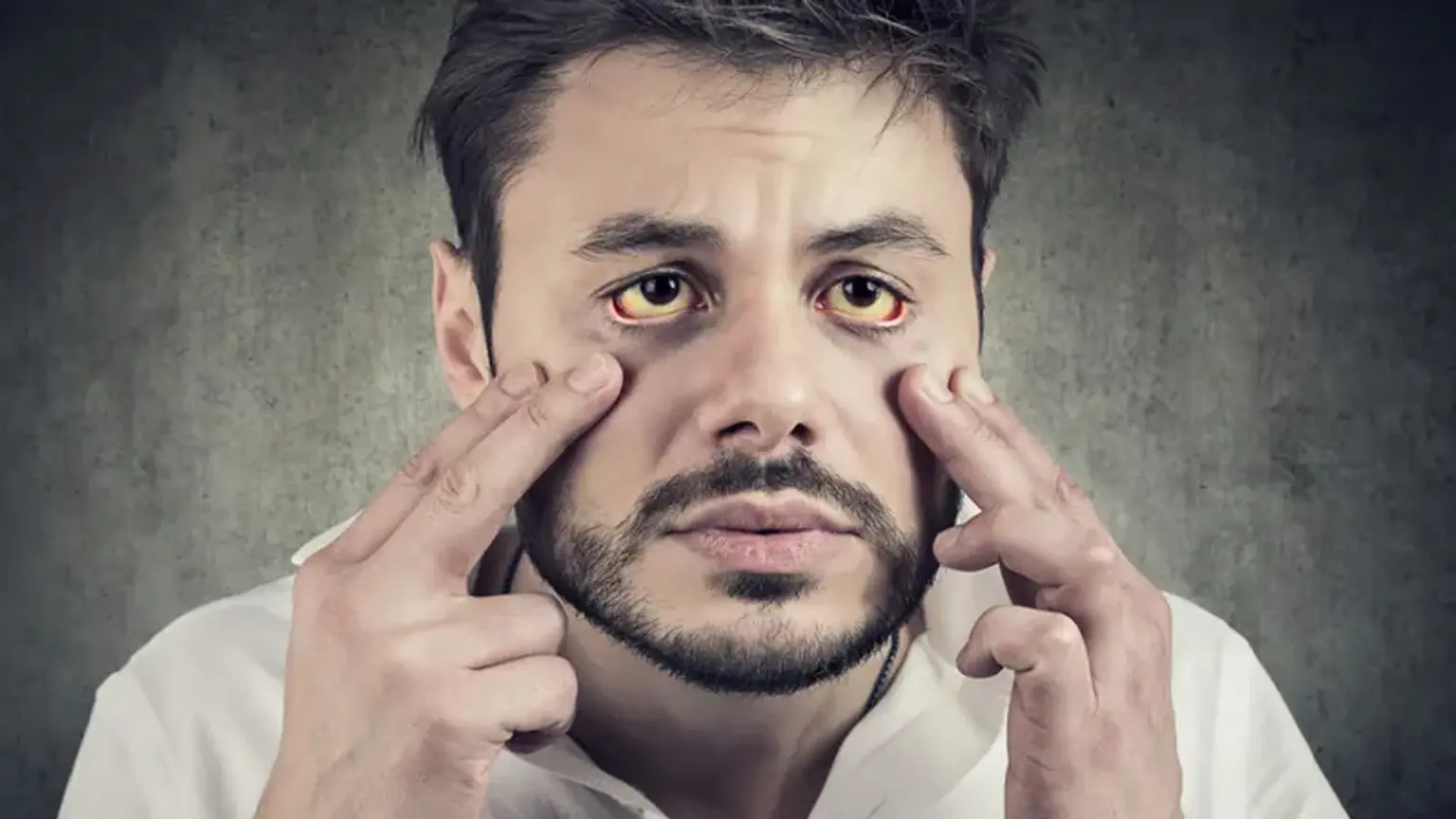Introduction
Jaundice in adults is a medical condition caused by the accumulation of bilirubin, a yellowish pigment that results from the breakdown of red blood cells. When bilirubin levels become elevated due to liver dysfunction, bile duct obstruction, or other underlying issues, it manifests as yellowing of the skin and the whites of the eyes, a hallmark symptom of jaundice. While neonatal jaundice is typically harmless and resolves on its own, adult jaundice often signals more serious health problems, such as hepatitis, gallstones, or liver cirrhosis.
Early recognition of jaundice is crucial, as it may indicate a critical issue that requires immediate medical attention. For instance, untreated jaundice could lead to severe complications, including chronic liver damage, infections, or even life-threatening liver failure. Understanding the causes and symptoms of adult jaundice empowers individuals to seek timely medical intervention, improving outcomes and potentially saving lives.
Jaundice is a prevalent condition that affects millions of adults globally, cutting across age groups, lifestyles, and geographic boundaries. The causes of adult jaundice are diverse, ranging from infectious diseases like hepatitis to lifestyle factors such as alcohol consumption and obesity, which contribute to non-alcoholic fatty liver disease. In some cases, jaundice may also result from genetic disorders or the side effects of certain medications.
South Korea has emerged as a global leader in jaundice diagnosis and treatment, thanks to its state-of-the-art healthcare system and innovative medical technologies. The country has invested heavily in advancing medical science, particularly in hepatology, the branch of medicine that deals with liver health. Many international patients now choose Korea for its comprehensive and holistic care approach, combining traditional and modern medicine to treat not only jaundice but its root causes.
Causes of Adult Jaundice
Primary Causes
At its core, jaundice results from the accumulation of bilirubin, a waste product that the liver typically processes and excretes through bile. Liver dysfunction is one of the most common causes of this accumulation in adults. Diseases like hepatitis, cirrhosis, and non-alcoholic fatty liver disease (NAFLD) hinder the liver’s ability to filter bilirubin efficiently, leading to its build-up in the bloodstream.
Hepatitis, particularly viral hepatitis (types B and C), causes inflammation of the liver and often progresses to chronic liver disease if left untreated. This chronic inflammation not only disrupts bilirubin processing but also damages liver tissues, impairing overall function. Similarly, cirrhosis—often resulting from chronic hepatitis or prolonged alcohol use—causes scarring of liver tissue, which further hampers its ability to metabolize bilirubin. NAFLD, increasingly linked to lifestyle factors such as obesity and diabetes, is another rising concern in adult jaundice cases, particularly in developed nations.
